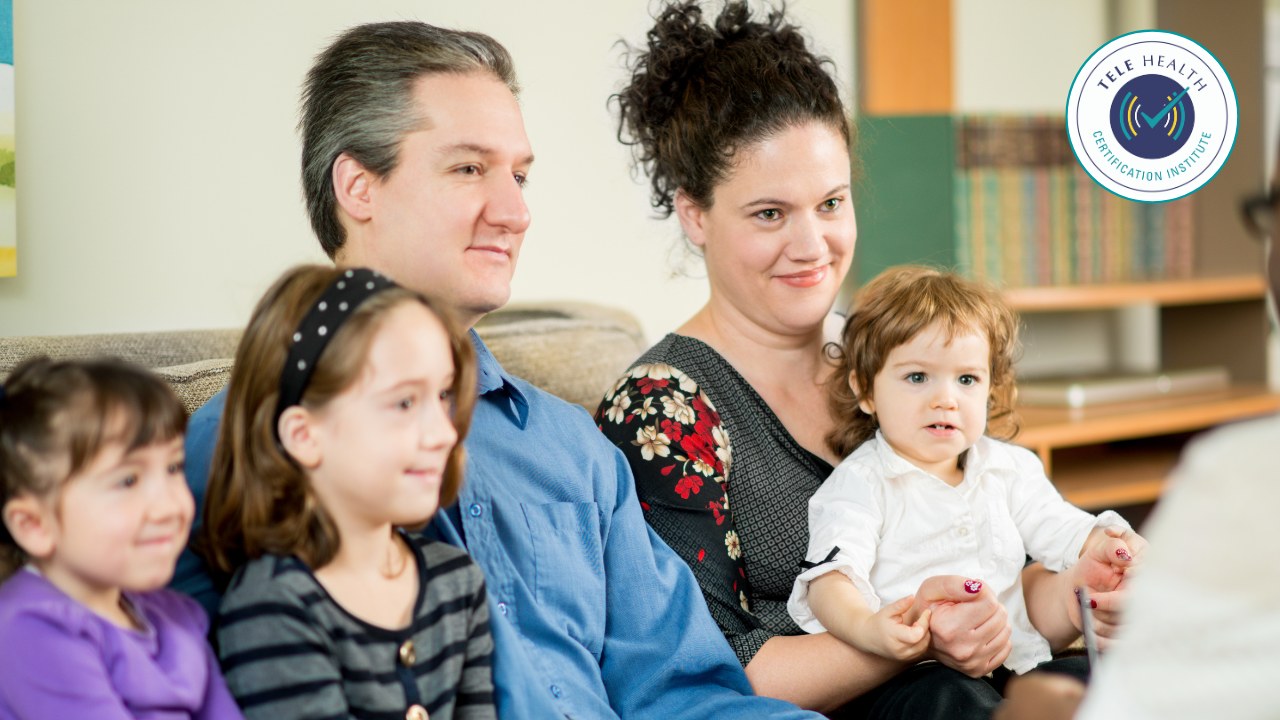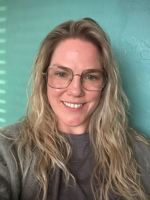Dr. Vicki Loyer (Carlson), PhD, LMFT, is CEO and President of Blue Door Psychotherapy and a Clinical Assistant Professor in the University of Arizona’s Department of Psychiatry. She also serves as a Subject Matter Expert and Instructor at Grand Canyon University. A licensed marriage and family therapist, Dr. Loyer specializes in competency-based family therapy and equine-assisted psychotherapy. She has been a leading voice in telemental health ethics and effective virtual therapy, co-organizing national webinars on the topic. An AAMFT Clinical Member, Approved Supervisor, and past president of AzAMFT, Dr. Loyer is also a published author and speaker on topics including self-injury, addiction, and family systems.
Creating A Vision Supervising Family Therapists to See The How
Enroll in the Online Self-Study course and complete it at your own pace.
1 CE hour available for behavioral health clinicians upon completion.

Supervising family therapists requires more than teaching technique—it demands a vision for how change unfolds within relationships. Without it, clinicians risk addressing surface issues while missing the deeper patterns that sustain them.
This training equips supervisors with the skills to guide family therapists toward insight, clarity, and lasting change by learning to “see the how.”
Enroll in the 1 CE Online Self-Study for $20
Payment Options are listed at checkout
Dr. Vicki Loyer, PhD, LMFT, draws from decades of leadership in the field of marriage and family therapy, incorporating systems thinking, developmental theory, and equine-assisted psychotherapy. Co-instructor Tara Gardenhire, MA, LMFT, brings a trauma-informed, whole-health lens to supervision and family systems work. Together, they offer practical, grounded guidance for helping clinicians access deeper process-focused thinking in their therapy sessions.
Through real-world clinical examples, interactive discussion, and experiential insights, Dr. Loyer and Ms. Gardenhire help supervisors move from content-focused oversight to modeling the art of process-based family therapy. Their approach fosters the supervisor-clinician alliance and ensures that what happens in supervision mirrors the best of what happens in therapy.
Topics include tracking systemic family processes, shifting from solving to guiding, using metaphor to increase insight, understanding the role of power and privilege, assessing developmental and ecological tasks in family systems, and working with isomorphic parallels in supervision. Participants will also explore how to help clinicians recognize and validate client strengths and expand therapeutic possibilities.

Instructor

Instructor
Tara Gardenhire, MA, LMFT, is an approved Supervisor with 15 years of experience supporting teens, adults, couples, neurodiverse individuals and families. She believes therapy needs to reflect each person’s unique story and goals—whether that means healing from trauma, managing stress, or strengthening relationships. Her style is warm, collaborative, and straightforward, with a focus on practical tools that clients and families can use in their daily lives. Tara draws from attachment theory, Dialectical Behavior Therapy (DBT), Cognitive Behavioral Therapy (CBT), trauma therapies, and the Psychobiological Approach to Couple Therapy (PACT). She is passionate about creating a safe, supportive space where clients feel understood, encouraged, and empowered to grow.
Key Takeaways:
Guide supervisees from content to process: Learn how to help clinicians shift their focus from storytelling to meaning-making in family therapy.
Expand clinical insight through parallel process: Understand how dynamics in supervision mirror those in therapy—and how to leverage that insight for growth.
Support culturally attuned supervision: Incorporate power, privilege, and systemic awareness into supervision to support inclusive, respectful client care.
Why This Course?
Led by expert supervisors: Dr. Loyer and Ms. Gardenhire bring rich teaching experience and deep clinical wisdom, rooted in systems theory and real-world application.
Integrates systems and supervision theory: This training blends theory with direct application—helping supervisors coach clinicians through complex family work.
Offered by a trusted CE provider: Telehealth Certification Institute is known for quality, ethics, and excellence in behavioral health continuing education.
Learning Objectives:
Work with process rather than content.
Explain the role of power and privilege in families.
Use parallel process to personalize supervision.
If you're ready to move beyond content-focused supervision and learn how to help your clinicians engage in transformational family therapy, this course offers a clear path forward. Embrace a deeper vision of clinical supervision—one that fosters true change in both the therapy room and the supervision space.
Add this course to your cart to begin learning instantly.
This is a non-interactive self-study course. Instruction consists of 1 hour of video instruction and a post-test.
Select each tab for course details
Availability: From the time of registration, you have six months to access the coursework.
Who Should Attend: This course is intended for clinicians who provide behavioral health services.
Teaching Methods: This is a non-interactive, self-study course. Teaching methods for this course include recorded lectures, videos, a post-test, and a course evaluation.
How to attend: Directions for completing a course can be found by clicking here.
This program was recorded on January 14, 2022.
Testimonials
Bridgette Nalumu
Public health consultant, Green and Purple Consultancy Network
Lora Verley
Clinical Therapist, Bayless Integrated Healthcare
Jackie Tanna
Therapist, Region One Mental Health
Jackie Bell-Russell
Therapeutic Behavioral Strategist, Rialto Unified School District